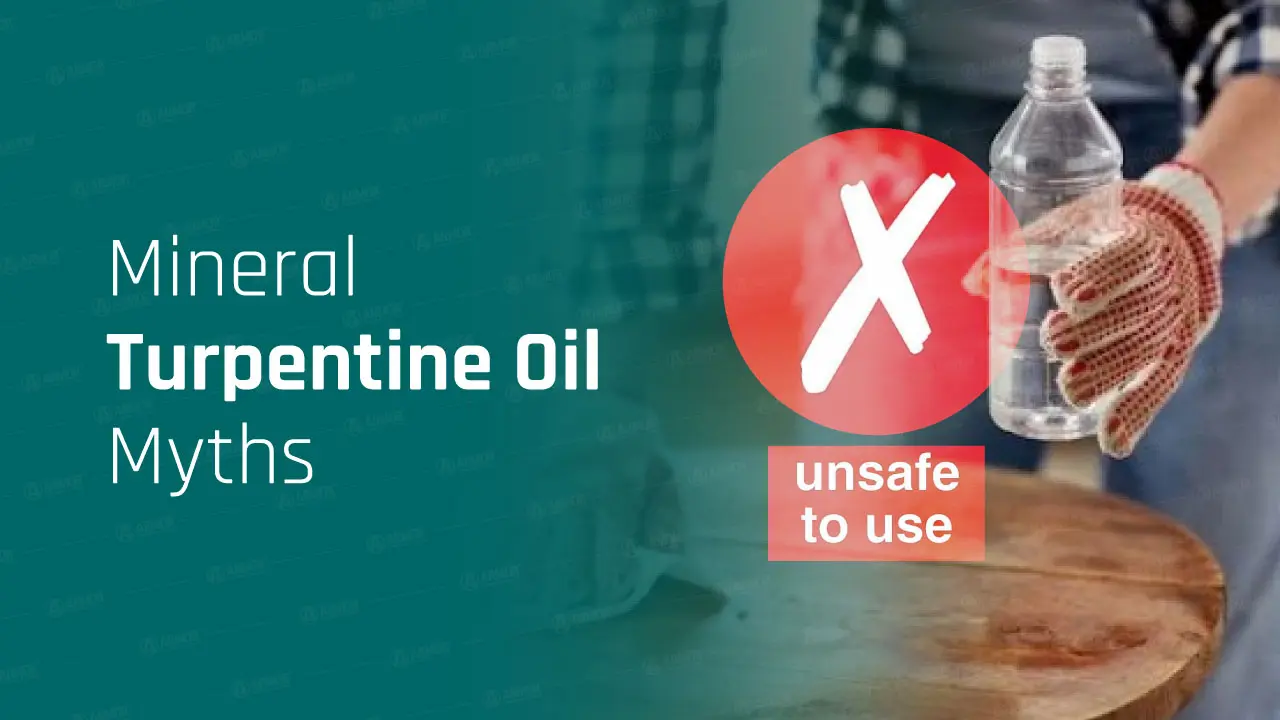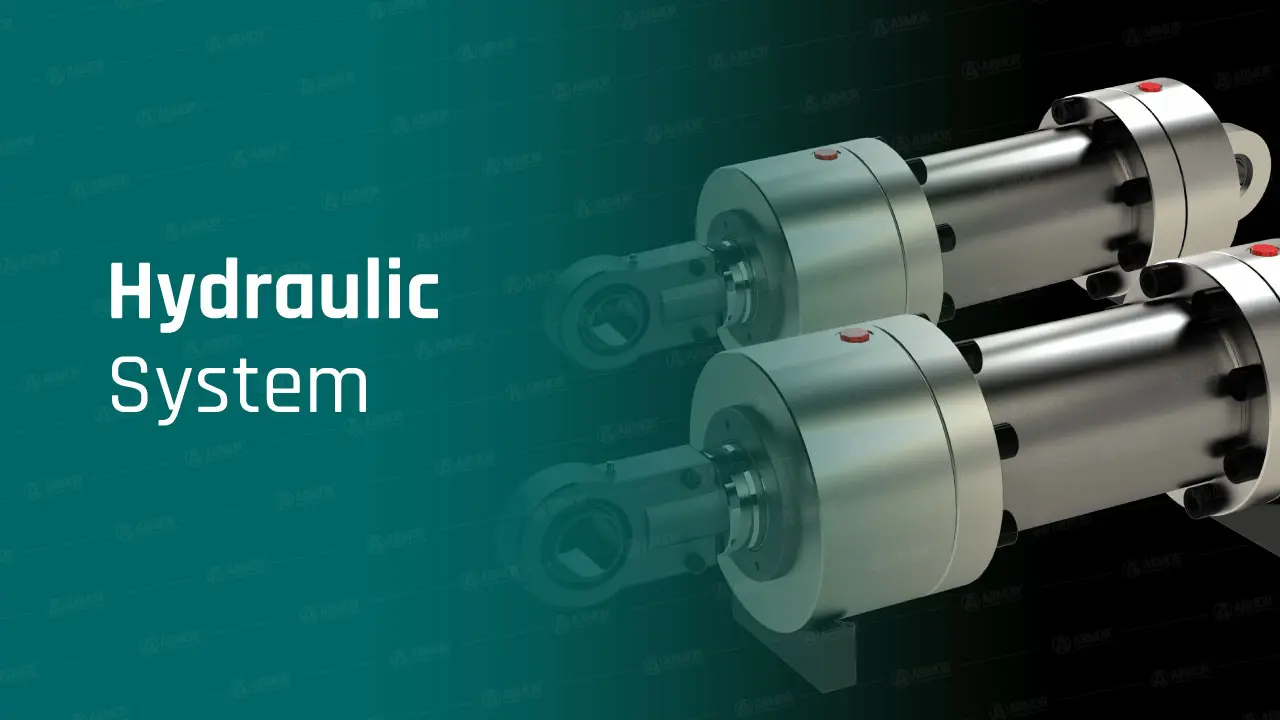Myth 1: Mineral Turpentine Oil is Unsafe to Use
Mineral turpentine oil is often misunderstood as a highly dangerous substance, but with proper safety measures, it can be handled safely in industrial settings.
Safety Measures and Guidelines
Implementing proper handling practices is essential when working with mineral turpentine oil. Workers should use protective equipment, such as gloves and masks, to minimize exposure. Additionally, adequate ventilation is crucial to reduce inhalation risks.
Comparing Safety to Other Solvents
When compared to other industrial solvents, mineral turpentine oil is relatively safe. Many solvents pose similar or greater health risks. Case studies have shown that with the right precautions, mineral turpentine oil can be used without significant hazards.
Regulatory Standards and Compliance
Industries using mineral turpentine oil must adhere to strict regulatory standards. These regulations ensure that all safety protocols are followed, protecting workers and the environment. Compliance with these standards demonstrates that mineral turpentine oil can be used responsibly and safely.
Myth 2: Mineral Turpentine Oil is Environmentally Harmful
There is a common misconception that mineral turpentine oil is highly detrimental to the environment, but sustainable practices and regulatory measures can mitigate its impact.
Environmental Impact
The environmental effects of mineral turpentine oil are often overstated. While it can contribute to pollution if mishandled, its impact is comparable to other solvents. Proper management and disposal reduce its environmental footprint significantly.
Sustainable Practices
Industries can adopt eco-friendly disposal methods to minimize environmental harm. This includes using designated waste disposal services and following best practices for recycling and reusing mineral turpentine oil. These strategies help mitigate its environmental impact and promote sustainability.
Regulatory Measures
Strict environmental regulations govern the use and disposal of mineral turpentine oil. Compliance with these regulations ensures that its use does not harm the environment. Many industries have implemented robust compliance efforts to align with these standards, demonstrating a commitment to environmental responsibility.
Myth 3: Mineral Turpentine Oil is Inefficient as a Solvent
Contrary to popular belief, mineral turpentine oil is an efficient and versatile solvent in various industrial applications.
Solvent Efficiency
Mineral turpentine oil performs exceptionally well in dissolving substances and facilitating chemical reactions. Its solvent properties are comparable to, and often exceed, those of other commonly used industrial solvents. Comparative analyses have shown its effectiveness in multiple scenarios, proving its efficiency.
Versatility in Industrial Uses
The versatility of mineral turpentine oil is one of its greatest strengths. It is used across a broad range of applications, from paint thinning and cleaning to chemical processing and manufacturing. Case studies highlight its effectiveness in diverse industrial processes, showcasing its adaptability and reliability.
Technological Advancements
Recent innovations have further enhanced the efficiency of mineral turpentine oil. Advances in formulation and application techniques have made it even more effective, broadening its potential uses in industrial settings. Looking ahead, continuous improvements and research promise to maintain and even increase its relevance and efficiency in various industrial sectors.
Myth 4: Mineral Turpentine Oil is Too Expensive
Many believe that mineral turpentine oil is prohibitively expensive, but a detailed cost analysis reveals its cost-effectiveness, especially when purchased in bulk.
Cost Analysis
A thorough breakdown of costs demonstrates that mineral turpentine oil offers significant value for its price. Although the upfront cost may appear high, its efficiency and versatility can lead to long-term savings. When considering the overall expenditure, mineral turpentine oil often proves to be more economical than alternatives.
Cost-Effectiveness in Different Applications
In various industrial applications, mineral turpentine oil’s cost-effectiveness becomes evident. For instance, its effectiveness as a solvent and cleaner can reduce the quantity needed for specific tasks, lowering overall expenses. Comparative studies show that, in many cases, mineral turpentine oil offers better performance and longevity than cheaper substitutes, justifying its price.
Bulk Purchasing and Supplier Options
Purchasing mineral turpentine oil in bulk can significantly reduce costs. Many suppliers offer discounts for large orders, making it a more affordable option for industries that require substantial quantities. Additionally, finding reliable and cost-effective suppliers can further enhance savings, ensuring that mineral turpentine oil remains a financially viable choice for industrial use.
Myth 5: Mineral Turpentine Oil is Obsolete
Despite some beliefs, mineral turpentine oil remains a relevant and vital component in many modern industrial applications, thanks to ongoing advancements and innovations.
Current Industrial Applications
Mineral turpentine oil is still widely used in various industries today. From manufacturing and cleaning to chemical processing and textile production, it continues to play a crucial role. The ongoing demand for its properties in these applications underscores its enduring relevance.
Advances in Formulation
Recent advances have significantly improved the formulation of mineral turpentine oil. Enhanced properties, such as increased purity and efficiency, have broadened its industrial applications. These innovations ensure that mineral turpentine oil remains competitive with newer solvents, offering superior performance in many cases.
Future Trends and Developments
Looking forward, mineral turpentine oil is poised to benefit from future trends and technological developments. Emerging applications in green chemistry and sustainable practices are likely to drive continued use and innovation. By staying at the forefront of industry advancements, mineral turpentine oil will maintain its importance and utility in the industrial sector for years to come.




